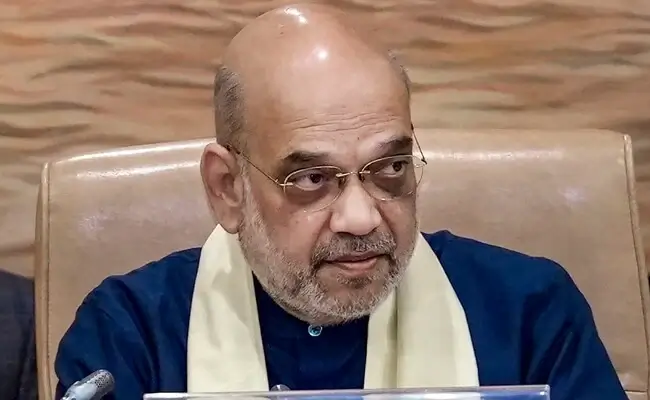
Chennai Metro Rail Limited (CMRL) has taken a significant step towards expanding the Mass Rapid Transport Systems (MRTS) network in Tamil Nadu. The organization recently submitted detailed feasibility reports to the government for the implementation of MRTS projects in the cities of Tiruchirappalli, Tirunelveli, and Salem.
M A Siddique, the Managing Director of CMRL, presented the comprehensive feasibility reports to Ramesh Chand Meena, the Additional Chief Secretary of Special Initiatives. This development marks a significant milestone in the endeavor to enhance public transportation and connectivity in these prominent Tamil Nadu cities.
The Ambitious MRTS Expansion Plans:
- Tiruchirappalli: The proposed MRTS project in Tiruchirappalli holds the promise of transforming the city’s transportation landscape. The feasibility report outlines crucial details about the project, including route planning, infrastructure requirements, and estimated costs. The introduction of MRTS in Tiruchirappalli is expected to alleviate traffic congestion and provide a more efficient mode of travel for residents.
- Tirunelveli: Tirunelveli is poised to witness the development of its own MRTS system, aimed at enhancing urban mobility. The feasibility report submitted by CMRL outlines the scope of the project, emphasizing key factors such as route alignment, station locations, and the integration of modern amenities. The introduction of MRTS in Tirunelveli is set to offer commuters a convenient and sustainable transit option.
- Salem: The city of Salem is set to undergo a transportation revolution with the planned MRTS project. The feasibility report delves into the intricacies of the project, including the delineation of three distinct corridors covering a total length of 35.19 kilometers. Salem’s MRTS system promises to boost connectivity and economic development in the region.
The Significance of Feasibility Reports:
Feasibility reports are instrumental in the planning and execution of large-scale infrastructure projects like MRTS systems. These reports provide a comprehensive assessment of the project’s viability, encompassing technical, financial, and environmental aspects. Key elements covered in feasibility reports typically include:
- Route Planning: The reports outline the proposed routes for the MRTS system, taking into account factors such as traffic patterns, population density, and existing infrastructure.
- Infrastructure Requirements: Feasibility reports detail the infrastructure needs of the project, including station locations, tracks, signaling systems, and depot facilities.
- Cost Estimations: Accurate cost estimates are crucial for budgeting and securing funding for the project. Feasibility reports provide detailed cost projections, helping stakeholders plan effectively.
- Environmental Impact: Assessing the environmental impact of the project is essential to ensure sustainable development. Feasibility reports include studies on how the MRTS system may affect the local environment and potential mitigation measures.
- Economic Viability: Evaluating the economic feasibility of the project is vital to gauge its long-term sustainability. Feasibility reports analyze the potential economic benefits, such as increased property values and job creation.
- Public Engagement: Feasibility reports often incorporate public input and feedback to ensure that the project aligns with the needs and preferences of the local community.
The submission of these feasibility reports marks a crucial phase in the development of MRTS systems in Tiruchirappalli, Tirunelveli, and Salem. It demonstrates the commitment of CMRL and the government of Tamil Nadu to enhance public transportation infrastructure and improve the overall quality of life for residents.
The Future of MRTS in Tamil Nadu:
The expansion of the MRTS network in Tamil Nadu reflects a broader trend towards the modernization of urban transportation in the state. MRTS systems offer a sustainable and efficient mode of travel, reducing congestion on roads, lowering pollution levels, and promoting economic growth.
As these feasibility reports progress through the necessary approvals and planning stages, Tamil Nadu residents can look forward to improved connectivity, reduced travel times, and a more environmentally friendly transportation system. The introduction of MRTS in these cities is poised to enhance mobility and contribute to the region’s development and progress.
In conclusion, the submission of feasibility reports for MRTS projects in Tiruchirappalli, Tirunelveli, and Salem marks a significant step forward in Tamil Nadu’s efforts to enhance its public transportation infrastructure. These projects hold the potential to transform urban mobility, reduce congestion, and foster sustainable development in these dynamic cities. As the plans evolve and gain momentum, they promise to bring positive changes to the lives of residents and commuters in the region.









